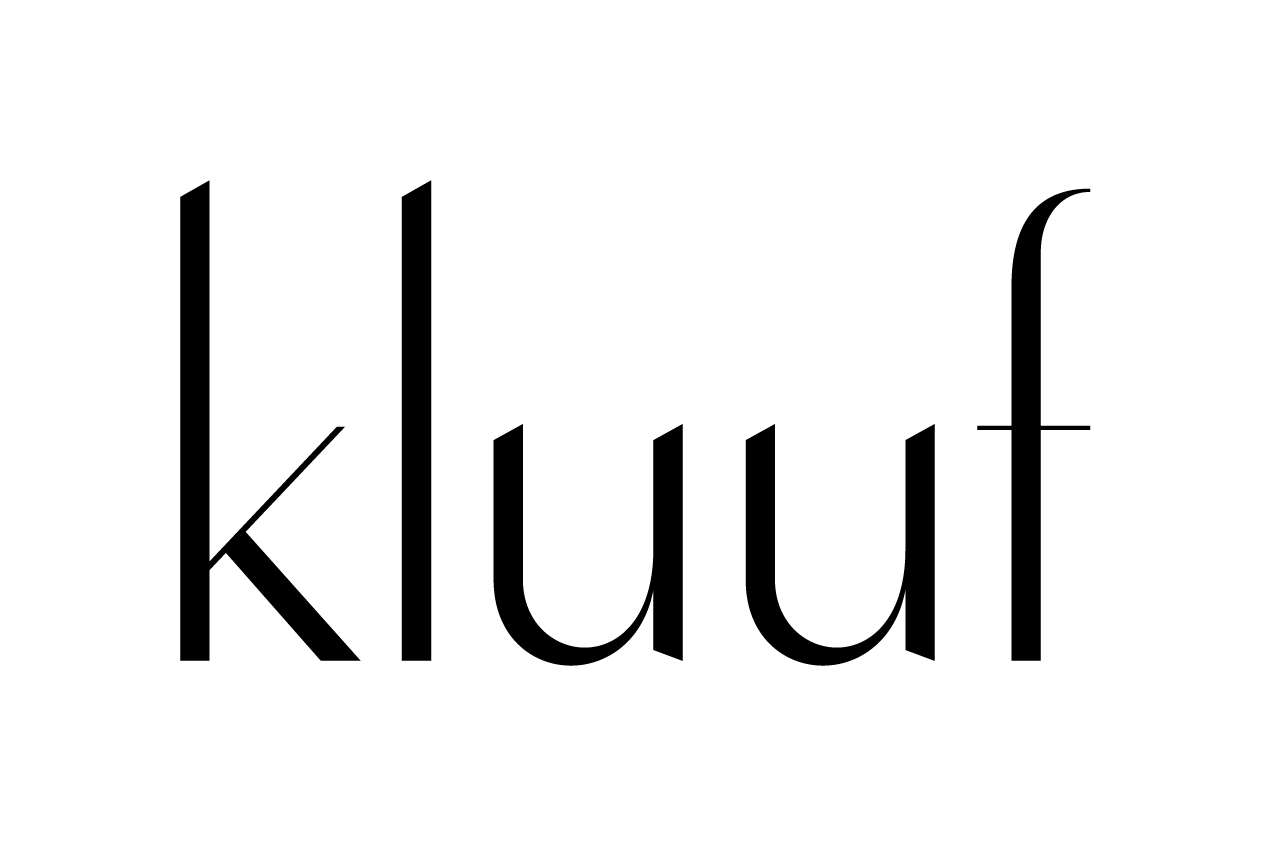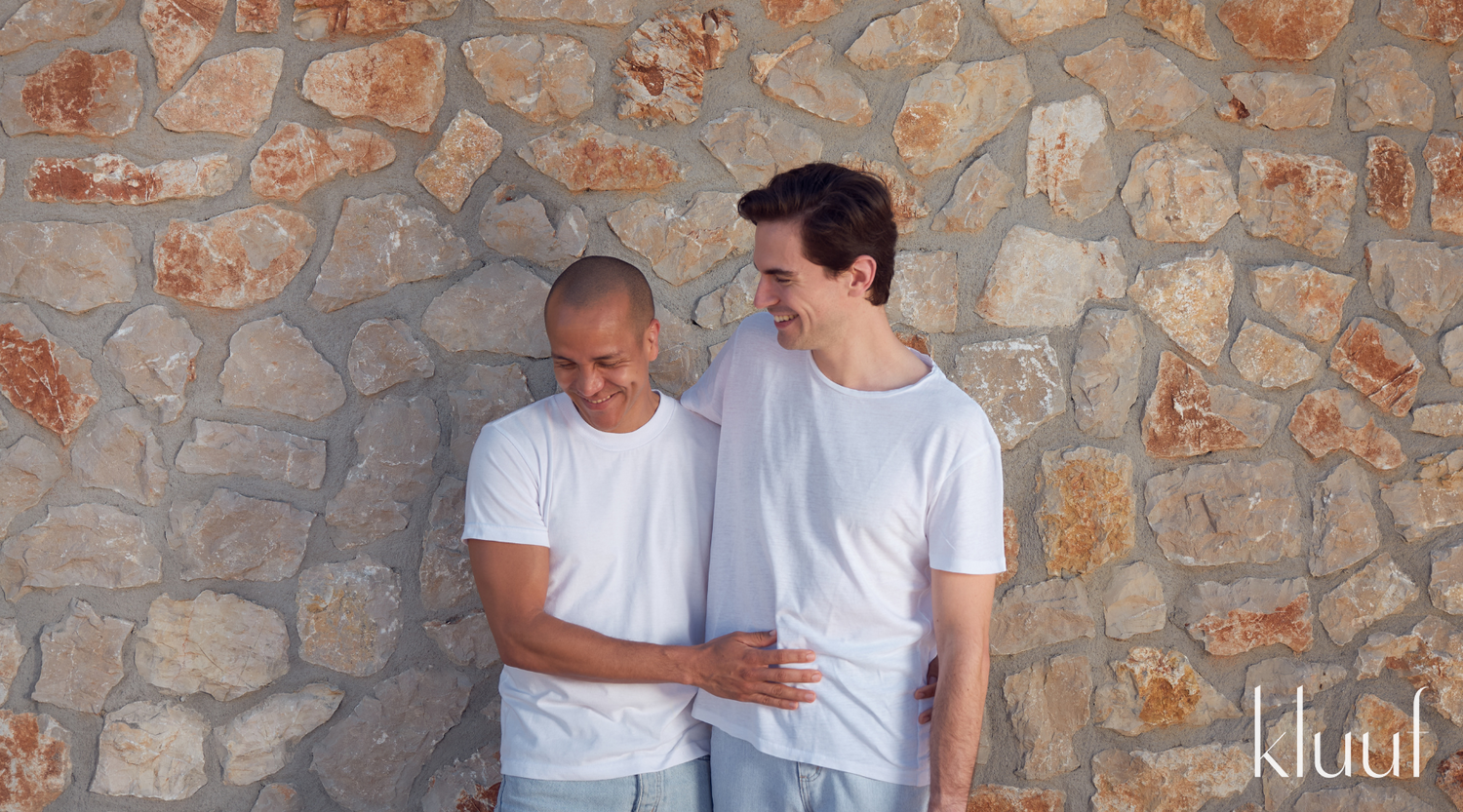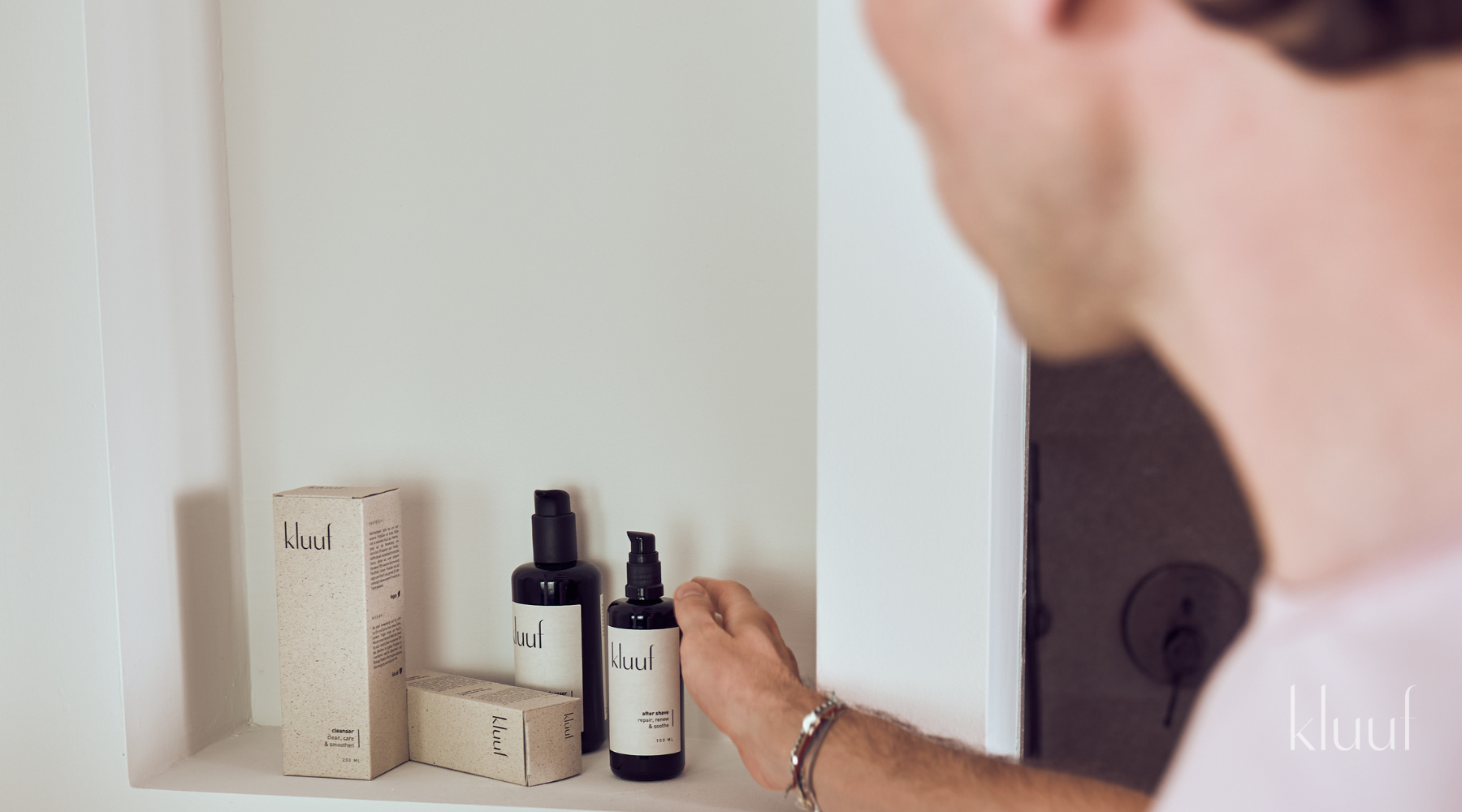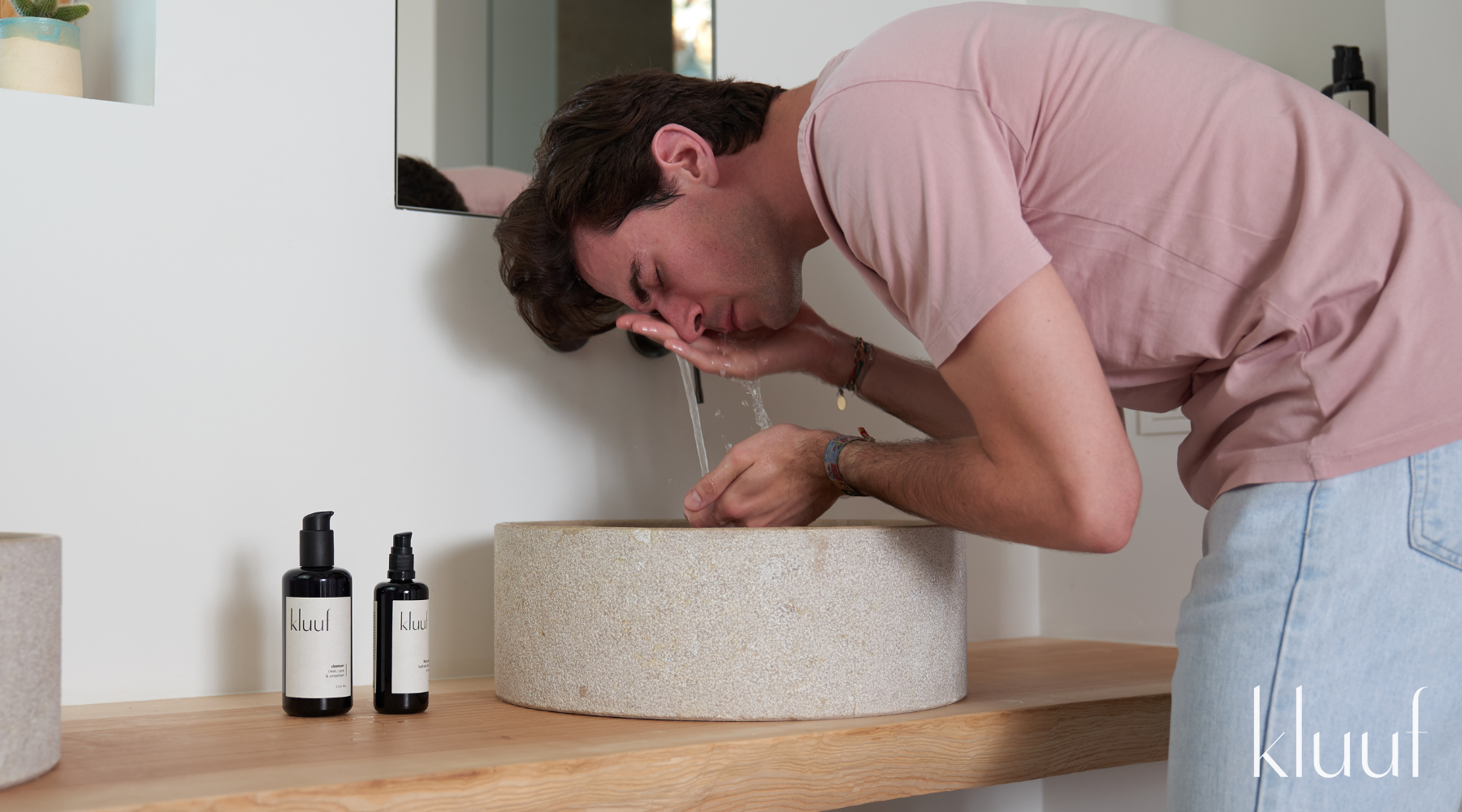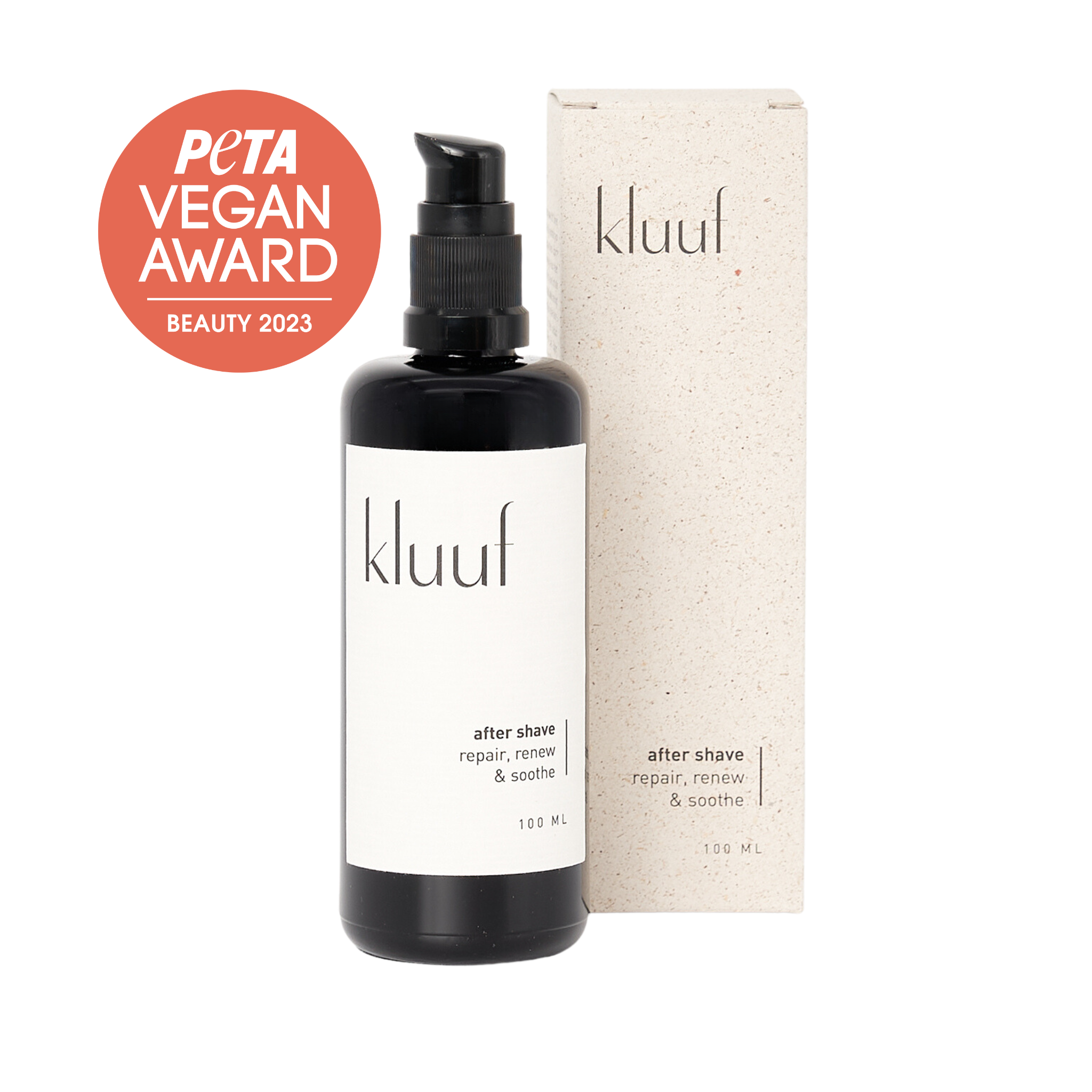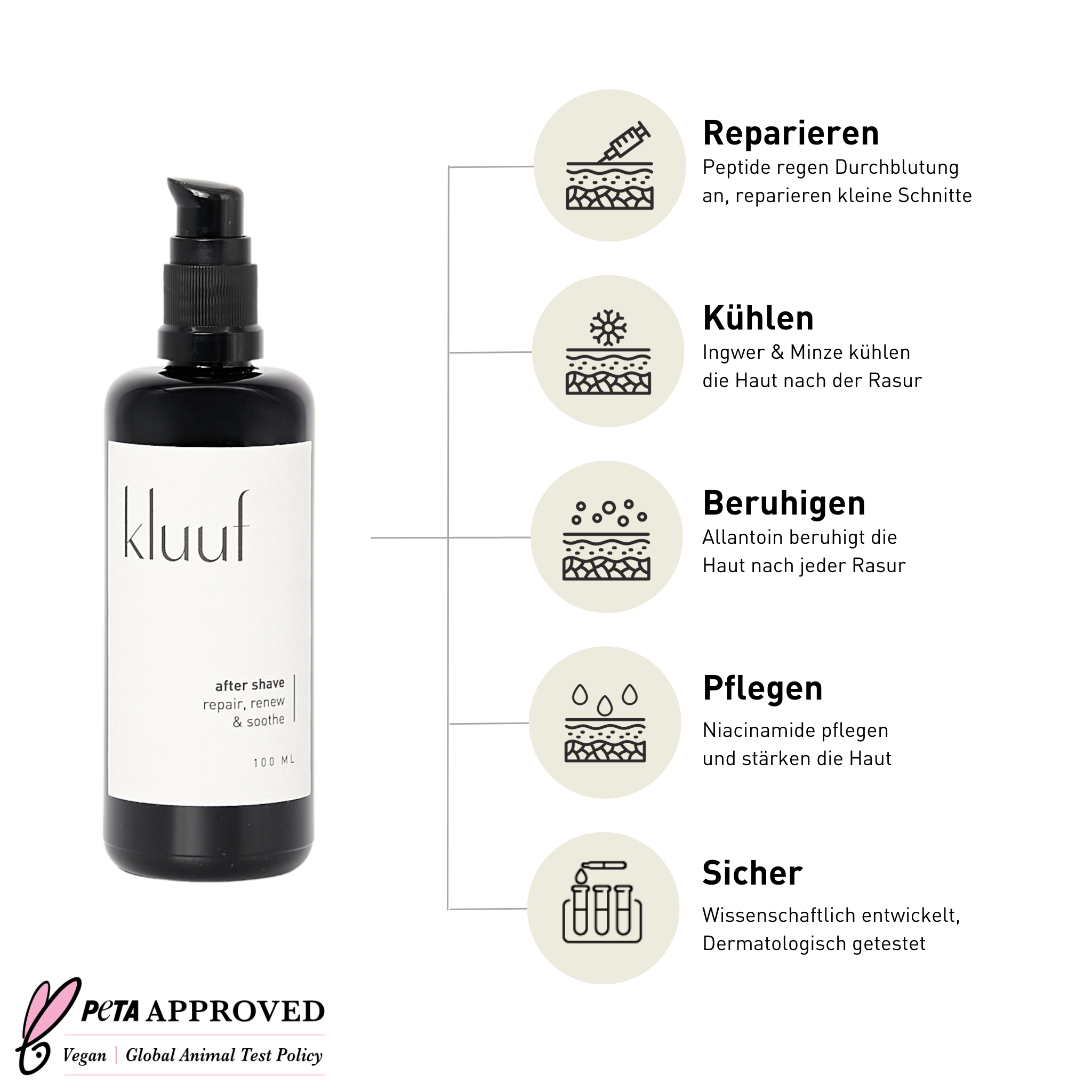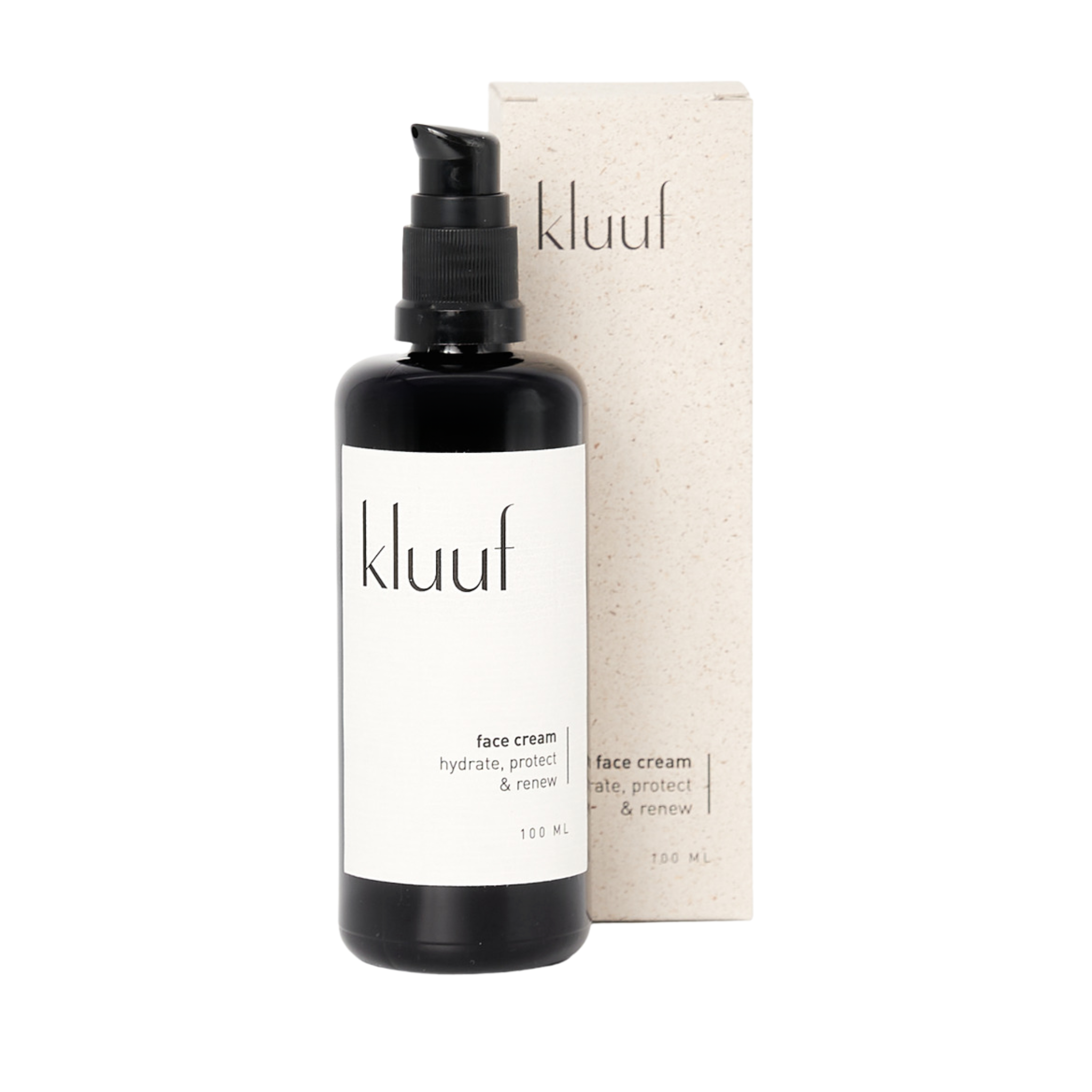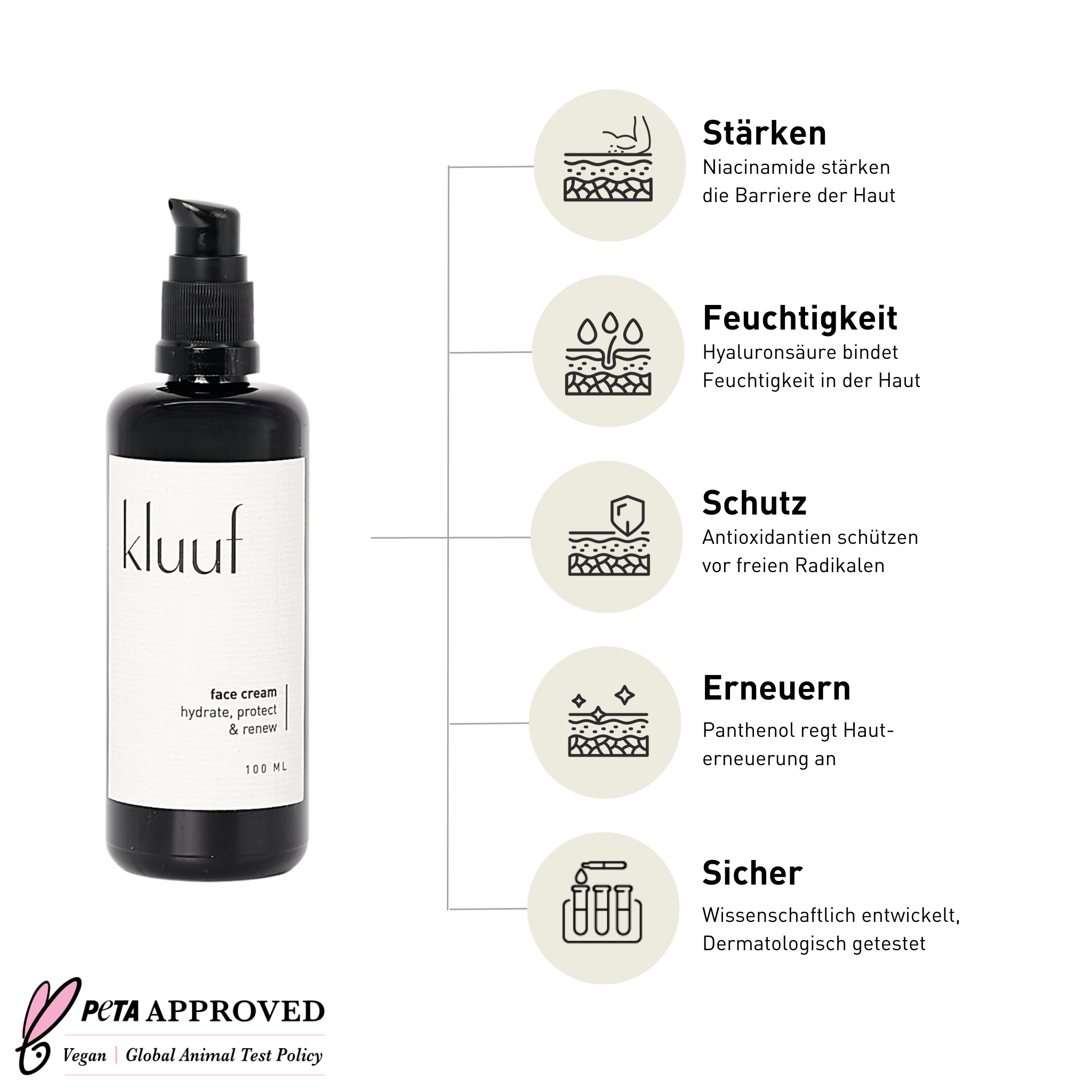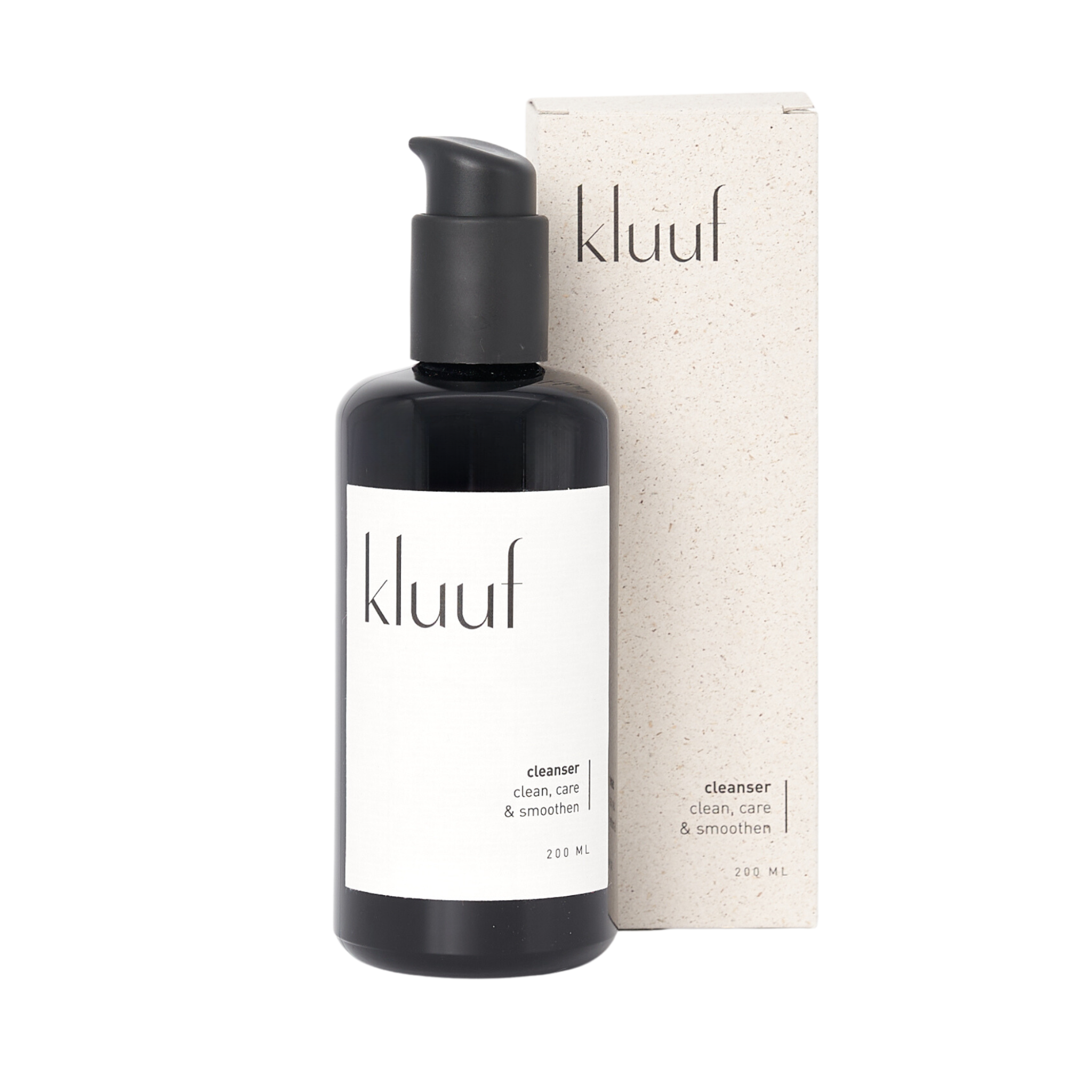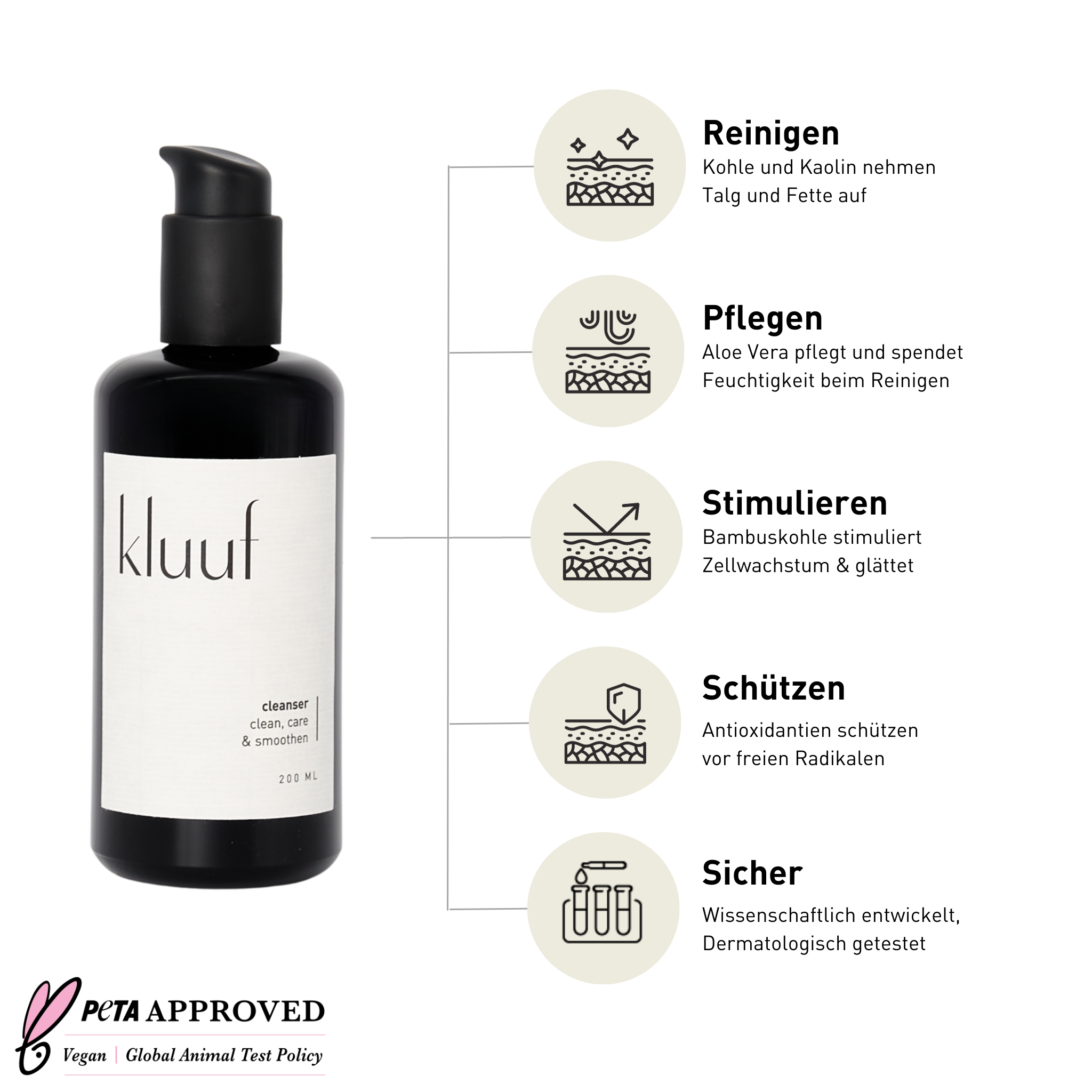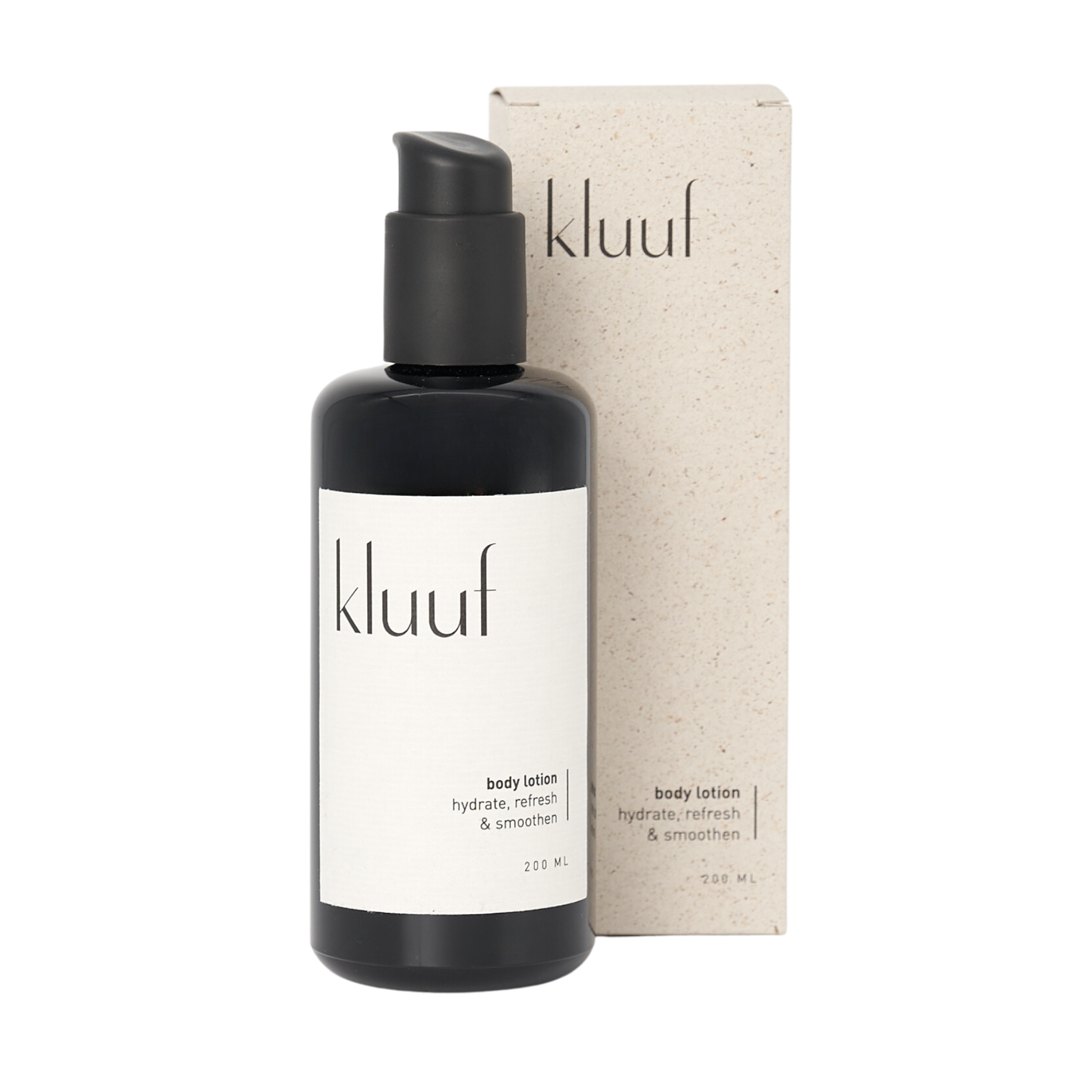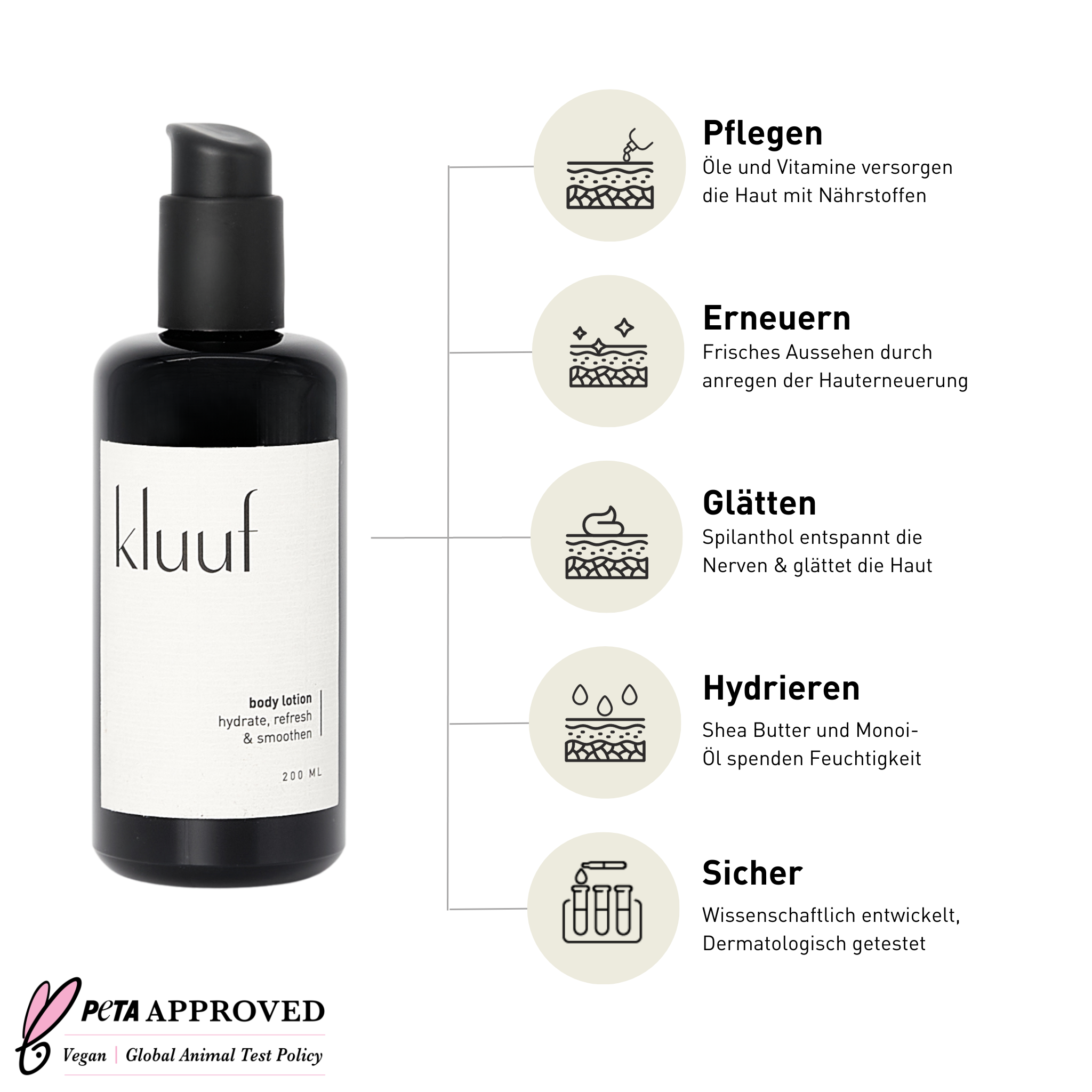For the longest time, anti-aging has been one of the most popular skincare trends, with the focus on preventing or reducing visible signs of aging such as wrinkles or fine lines. Both men and women have often resorted to aggressive ingredients or even invasive procedures, which have frequently done more damage to the skin than good. Although there are also vegan and effective anti-aging approaches, which we explain in a separate blog article, it should be said that healthy skin ageing is a natural process that cannot be stopped.
All the more refreshing we consider the latest skincare trend for men and women:
Pro-Aging, which is part of the pro-body movement.
Pro-aging encourages people to accept aging as a natural and dignified part of life and focuses on supporting healthy skin aging instead of fighting natural processes.
We explore the principles of this new concept and show how men can improve their appearance and perhaps even their life expectancy through a positive attitude to ageing and suitable vegan skincare.
Why science loves pro-aging
The anti-aging industry usually suggests a generally negative image of aging: wrinkles must be fought and natural signs of aging are portrayed as unnatural.
Pro-ageing, on the other hand, encourages us to see aging as something natural and to value the experience.
When we accept aging as a natural and inevitable process and thus change our attitude towards it, our stress levels are reduced and skincare is no longer seen as a compulsion but a reward (keyword self-care). We can start to enjoy our routines again and feel good about ourselves.
Less stress also means that our body releases less adrenaline and cortisol, which has a positive effect on our health and our skin. A 2001 Harvard University study even claims to have found that a positive and welcoming attitude towards aging has a positive effect on life expectancy in people over 50.
We think it's time to see aging as an opportunity, not an obstacle. kluuf's vegan skincare products for men support natural aging while preventing premature and harmful skin aging caused by pollutants, blue light or free radicals, for example.
How does pro-aging work?
Pro-ageing means making room for natural skin aging, not encouraging it. So it's about saying:
"Hey, it is okay that I am getting older."
Pro-aging doesn't mean: Let's age at all costs and wrinkles should be accelerated.
Rather, it's about using sustainable products that strengthen the skin's natural barrier to maintain or preserve healthy skin and bear small wrinkles or lines with dignity. From moisturizers to sunscreens, there are a variety of products that are specifically designed for this purpose. Premature skin ageing should also be avoided with pro-ageing, as this is not natural but is caused by incorrect actions and is often associated with skin damage. The best-known example is UV damage caused by a lack of adequate sun protection.
Skincare experts have also recognized that the pressure from society to look forever young is unrealistic and even toxic and many are now advocating pro-aging, in particular allowing natural skin ageing to occur at a healthy rate instead of fighting and demonizing it.
For many, pro-ageing is not just about external needs but also about the internal mindset: "Ageing is natural and beautiful."
Another aspect of pro-ageing is to adjust the skin care products to the age and needs of the skin. For example, many anti-aging products advertise acid peels and retinol, which cause damage to the skin barrier in healthy skin in the 20s and 30s instead of preventing wrinkles. Instead, gentle and sustainable ingredients should be used in face creams and cleansers. These support the skin microbiome (microorganisms in the skin) and strengthen the natural barrier function. This also includes a balanced diet and healthy routines.
A sustainable lifestlye for healthy aging
Healthy aging requires more than just external care, as we have already explained in our article on the influence of nutrition on the skin.
A balanced diet, regular exercise and restful sleep have a significant effect on our well-being and even the appearance of our skin. A diet rich in antioxidants, vitamins and omega-3 fatty acids supports skin health and reduces inflammation. Exercise promotes blood circulation and supports our skin's metabolism and cell renewal. In addition, restful sleep is important as our body produces melatonin during this time which prevents free radical damage.
Since the measures described above generally also have a positive effect on general well-being, mental balance, which is also an important aspect of pro-ageing, is promoted.
Furthermore, it is crucial to speak transparently and positively about ageing in order to eliminate outdated stereotypes. If society manages to accept ageing as a natural and normal part of life, the skincare industry has the opportunity to make a decisive positive contribution to this.
Pro-aging summarised
Pro-ageing is more than just a trend, it represents a long overdue correction in the skincare industry that supports a natural ideal of beauty and joins the pro-body movement, supporting the natural functioning of the body (including ageing) rather than fighting it. Aspects such as wrinkles, imperfections or blemishes are no longer hidden but worn with pride.
The acceptance of ageing plays a fundamental role in pro-ageing and it already has a positive effect on our body when the sight of wrinkles and fine lines no longer triggers a stress reaction.
In addition, high-quality and sustainable skincare products such as creams and lotions that support the skin's natural barrier and function play a fundamental role. Just as a balanced lifestyle with sufficient sleep, a healthy diet and exercise is crucial.
kluuf is an outspoken advocate and part of the pro-ageing movement and we see skincare as something that should feel good and not be used out of fear (of wrinkles). With kluuf's vegan skincare, men support the skin's natural properties and functions while preventing premature ageing. Skincare that is uncomplicated, fun and makes men happy to look at themselves in the mirror.
